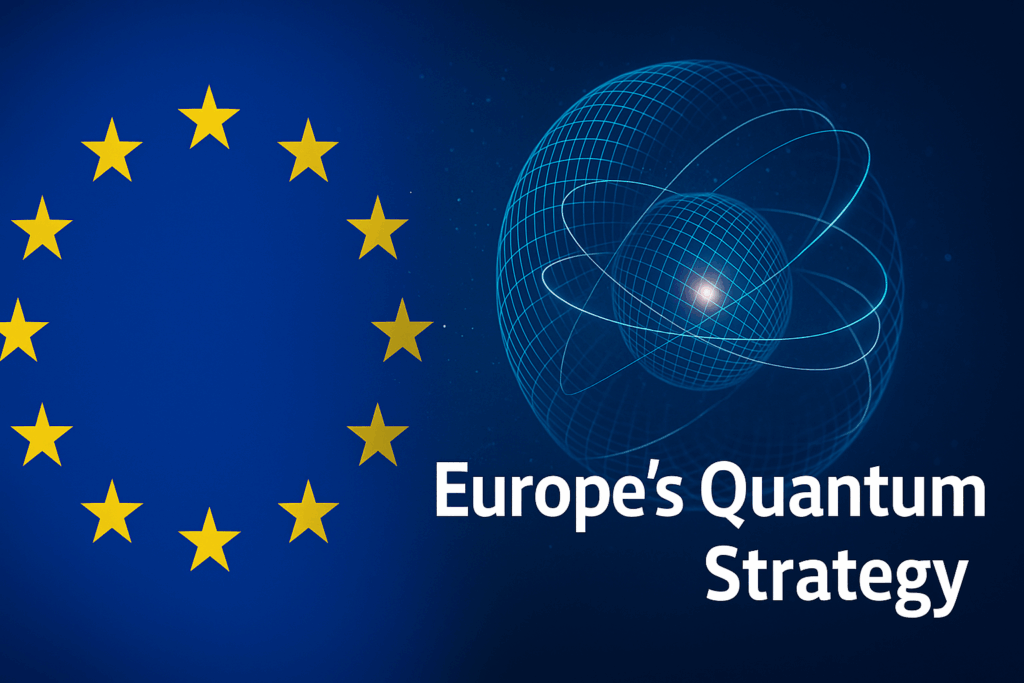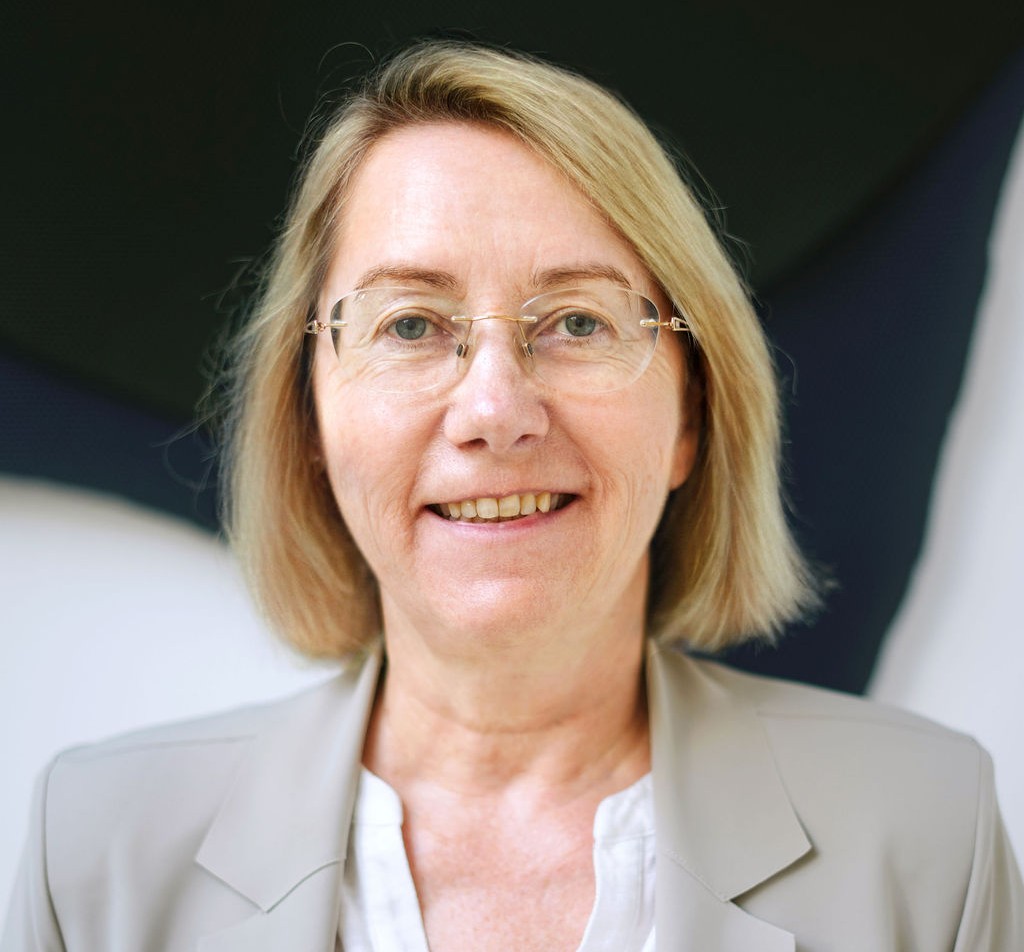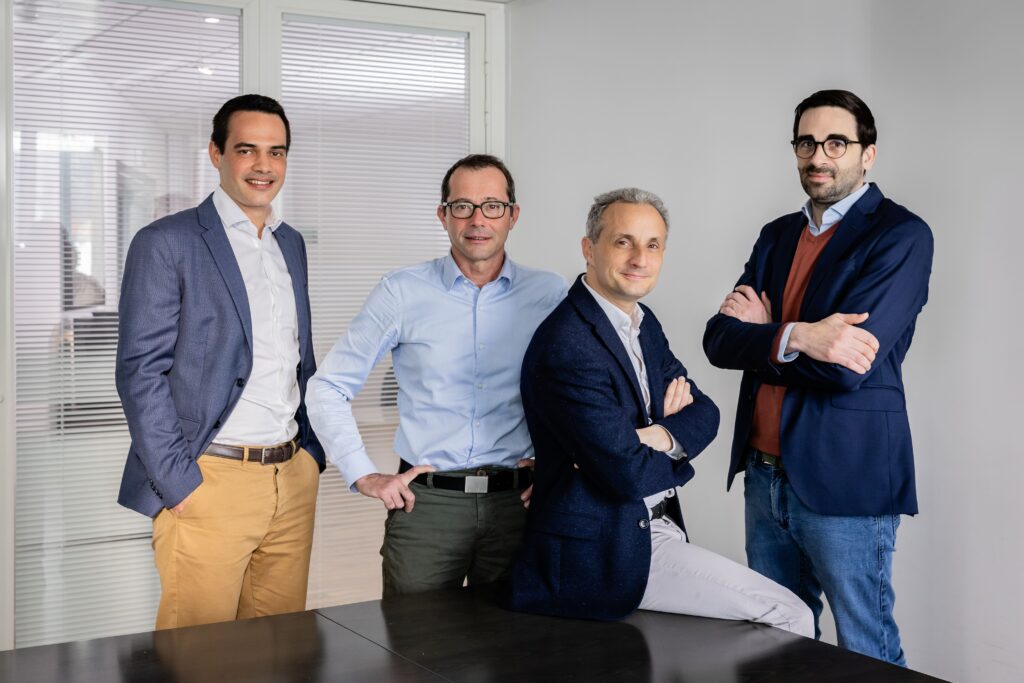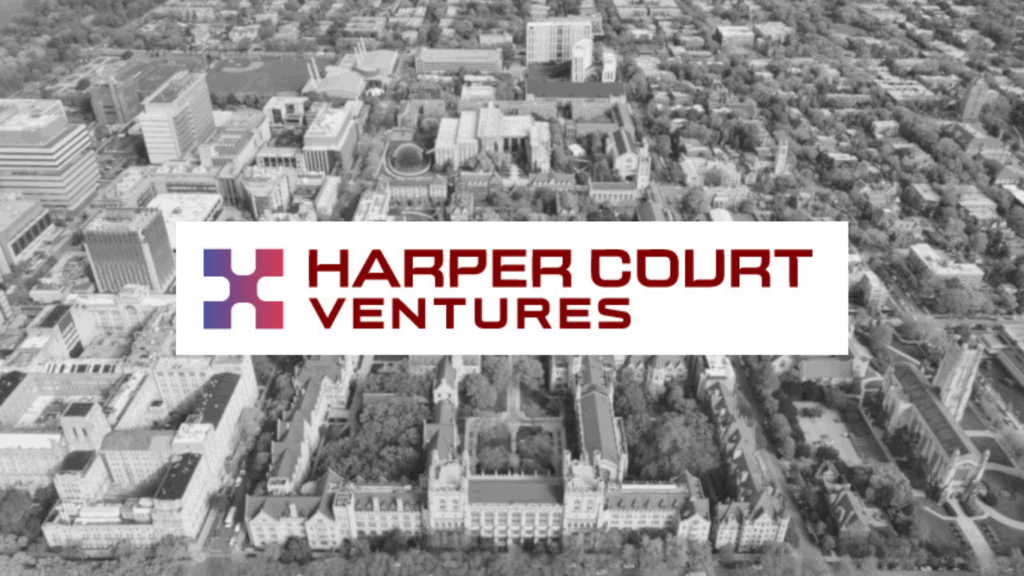Insider Brief
- Taiwanese researchers at National Tsing Hua University have developed the world’s smallest quantum computer, using a single photon to address energy efficiency and temperature stability challenges.
- The photonic system operates at room temperature, avoiding the need for supercooled environments, which would make it a practical option for future quantum computing applications.
- Taiwan, already a leader in classical technology, is positioning itself as a key player in the global quantum technology landscape, with government-backed initiatives and events like Quantum Taiwan promoting international collaboration.
- Image: The National Tsing Hua University research team, including Professor Chuu Chih-sung, second from right; and university President Kao Wei-yuan, center. (National Tsing Hua University)
Taiwanese researchers, led by National Tsing Hua University professor Chuu Chih-sung, have developed what is being described as the world’s smallest quantum computer, powered by a single photon. According to the Taipei Times and a university statement, it’s not just about being small. This device also represents a significant step forward for quantum computing, particularly in addressing some of the field’s key challenges, such as energy efficiency and temperature stability.
The research, which was recently published in the journal Physical Review Applied and arXiv, highlights the team’s innovative use of photonics to encode information into 32 time bins — or dimensions — of a single photon. Traditional quantum computers often rely on supercooled environments and complex machinery to function, but this photonic system operates at room temperature, reducing the energy requirements typically associated with quantum devices, reported the Taipei Times.
Photonics’ Path to Practical Quantum Computing

Photons, or light particles, are central to this new development. Unlike traditional quantum systems that often require sub-zero temperatures to prevent interference, photons can maintain stable quantum states at ambient room temperatures — usually 20°C and 25°C, or 68°F to 77°F, making them more practical for real-world applications. The team believes this stability could offer a competitive edge in the eventual commercialization of quantum computing technologies.
According to Chuu, photonic quantum computing has the potential to overcome some of the common issues that plague other quantum computing models, such as information loss and computational errors caused by external factors like vibrations or magnetic fields. The Taipei Times reported that these advantages could place photonic quantum computing at the forefront of efforts to build scalable, commercially viable quantum systems.
Quantum computing differs fundamentally from traditional computing in how information is processed. In classical systems, information is encoded in bits, which are binary and can represent either a 0 or a 1. However, the team explained that quantum computing uses qubits, which can exist in a state of superposition, meaning they can probabilistically represent both 0 and 1, along with a range of other states in between. This enables quantum computers to perform complex calculations much faster than traditional systems.
Overcoming Energy and Cooling Barriers
One of the biggest challenges in quantum computing has been maintaining stable quantum states in operational environments, the team reports.
Quantum systems are highly sensitive to external influences, requiring elaborate cooling systems to function properly. In an interview with the Taipei Times, National Tsing Hua University President John Kao reflected on his visit to a U.S. quantum lab last year, noting that the lab’s quantum computer relied on a massive cooling system that filled an entire room, keeping the temperature near absolute zero. In contrast, the Taiwanese photonic quantum computer can operate at room temperature, which drastically simplifies its requirements and opens up new possibilities for deployment in everyday environments.
Kao emphasized that this development marks a crucial milestone for Taiwan in the field of quantum technology. The publication of Chuu’s research in a reputable journal like Physical Review Applied not only brings attention to the technical progress but also highlights Taiwan’s growing role in the global quantum computing landscape.
Taiwan’s Broader Quantum Ambitions
Taiwan’s government has also been actively supporting the country’s quantum computing initiatives. As reported by the Taipei Times, the National Science and Technology Council has been spearheading efforts to integrate Taiwan into the international quantum technology ecosystem. This year, the council is hosting the Quantum Taiwan event, possibly featuring Nobel laureate Alain Aspect.
The event will explore a range of quantum technologies, from superconducting quantum computers to quantum communications and sensing. National Science and Technology Council Minister Wu Cheng-wen stated that quantum technology holds the potential to revolutionize computational abilities and enhance the security of communications. Wu also said that global collaboration was critical to the development of quantum, indicating that Taiwan is positioning itself as a key player in the international development of quantum technologies.
While Chuu’s single-photon quantum computer is still in the research phase, it does show Taiwan’s commitment to advancing quantum technologies in ways that are practical and commercially viable.
















